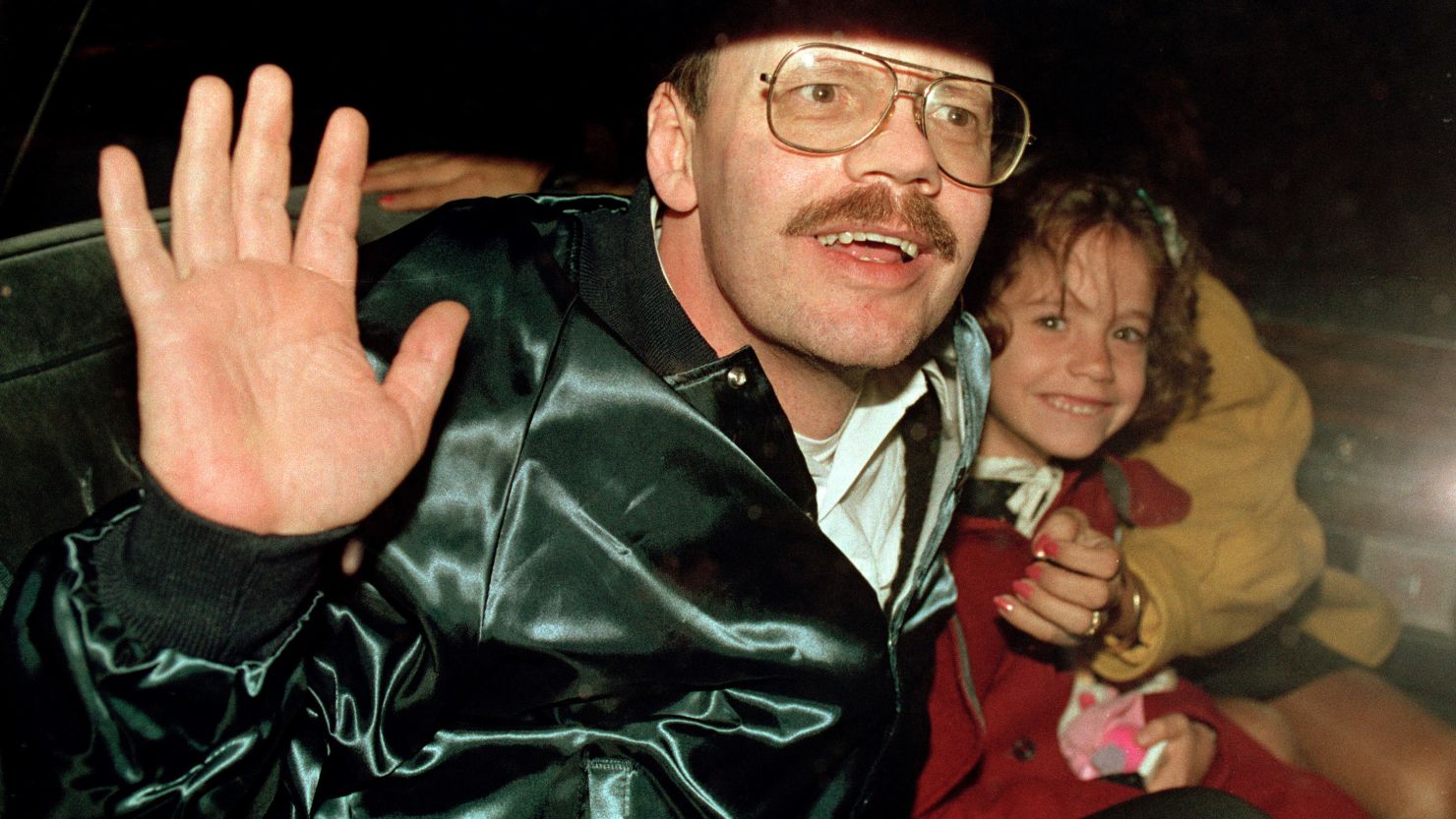
In Short
- Terry anderson, a journalist, passed away at 76 after being held captive in lebanon for almost seven years.
- Despite extreme suffering, anderson found peace in recent years.
- His story is one of resilience, perseverance, and finding peace after enduring captivity.
TFD – Delve into the inspiring journey of Terry Anderson, a journalist who endured captivity in Lebanon for nearly seven years before finding freedom. Learn about his resilience, perseverance, and the peace he found after enduring extreme suffering.
Terry Anderson, 76, passed away, according to his daughter, who told CNN that he was abducted in 1985 and held captive in Lebanon for almost seven years. Anderson was a longtime Associated Press Mideast journalist.
Anderson’s daughter Sulome Anderson reports that her father passed away on Sunday at his Greenwood Lake, New York, residence.
“My father found a quiet, comfortable peace in recent years, despite the extreme suffering he endured during his time as a hostage in captivity,” she said in a statement to CNN.
The cause of death was unknown, though his daughter told the AP he had recently had heart surgery.
As the top Middle East correspondent for the news organization, the AP journalist volunteered to go to Lebanon in 1982 after Israel’s invasion. He later worked out of Kentucky, Tokyo, South Africa, and finally Lebanon.
Before being apprehended in 1985, Anderson spent three years covering the civil conflict in Lebanon for The AP. When the 16-year civil war came to an end in 1991, he was freed.
Anderson’s period in captivity was detailed in his book, “Den of Lions.”
After being apprehended, Anderson apologized to CNN, saying, “You’re sorry, sorry for your family, sorry you were dumb enough to get captured.” “A certain amount of guilt is always present; it’s just unreasonable guilt. Thus, all you have to do is go from hour to hour,” he stated.
His daughter stated, “I know he would prefer to be remembered through his humanitarian work with the Vietnam Children’s Fund, the Committee to Protect Journalists, homeless veterans, and many other incredible causes, rather than by his very worst experience.”
Anderson said to CNN in a 2016 interview that he didn’t think about his incarceration very much.
I was living again. And it was becoming a really wonderful existence,” he remarked.
At the age of six, Anderson moved to a poultry farm in upstate New York from his birthplace of Ohio. Anderson enlisted in the Marines shortly after high school and was sent to Japan and later Vietnam.
Anderson was shaped by his combat correspondent experience before he was discharged from the military as a staff sergeant at the age of 23. He had also found what he was meant to do: journalism.
Before leaving for his Marine recruiting assignment in Iowa, Anderson attended Iowa State University, where he graduated, got a position at a radio station, and did a brief stint with The Associated Press.
Due to the extensive conflict in Lebanon in 1983, many foreign nationals—including Anderson’s first wife and then-young daughter—had fled the country, but Anderson stayed put.
Madeleine Bassil, a Lebanese woman, even proved to be his new love. She was six months pregnant with their child when he kissed her goodbye the morning of Saturday, March 16, and headed out to play tennis. Anderson convinced himself he was secure despite all the threats he documented on a regular basis.
That is what led to my kidnapping. conceit, he subsequently told CNN.
He was taken by armed guys on a street in Beirut, who then placed him into a car’s trunk and drove off.
His new residence was dubbed the “Den of Lions” in his memoirs. Since he was relocated frequently, most likely around Lebanon, it was actually multiple dens. He was always wearing blindfolds, shackles, and chains to prevent him from looking his captors in the eye.
Anderson described his guards as “some of them being really bad, some of them being evil.” A few of them were psychotic.
The man whose AP byline had adorned newspapers throughout the globe turned into a story in his own right. The most well-known instance of the government’s futile attempts to liberate him and others is the Iran-Contra scandal.
He was taken from his holding chamber just after six in the morning on December 4, 1991, given to Syrian officers, and driven to Damascus.
He asked himself, “What kept me going on?” as soon as he tasted freedom. Alright, my friends. Fortunately, most of the time I had other people with me. My belief. obstinacy, I suppose.
“And you just carry out your necessary tasks. Every day when you wake up, you find a way to conjure energy from somewhere, even when you don’t think you have any, and you get through the day. And you succeed in doing so, every single day,” he remarked.
Conclusion
Terry Anderson’s journey from captivity to freedom is a testament to resilience and perseverance. His story inspires us to find peace and strength even in the most challenging circumstances. Anderson’s legacy lives on as a symbol of endurance and hope.
Connect with us for the Latest, Current, and Breaking News news updates and videos from thefoxdaily.com. The most recent news in the United States, around the world , in business, opinion, technology, politics, and sports, follow Thefoxdaily on X, Facebook, and Instagram .